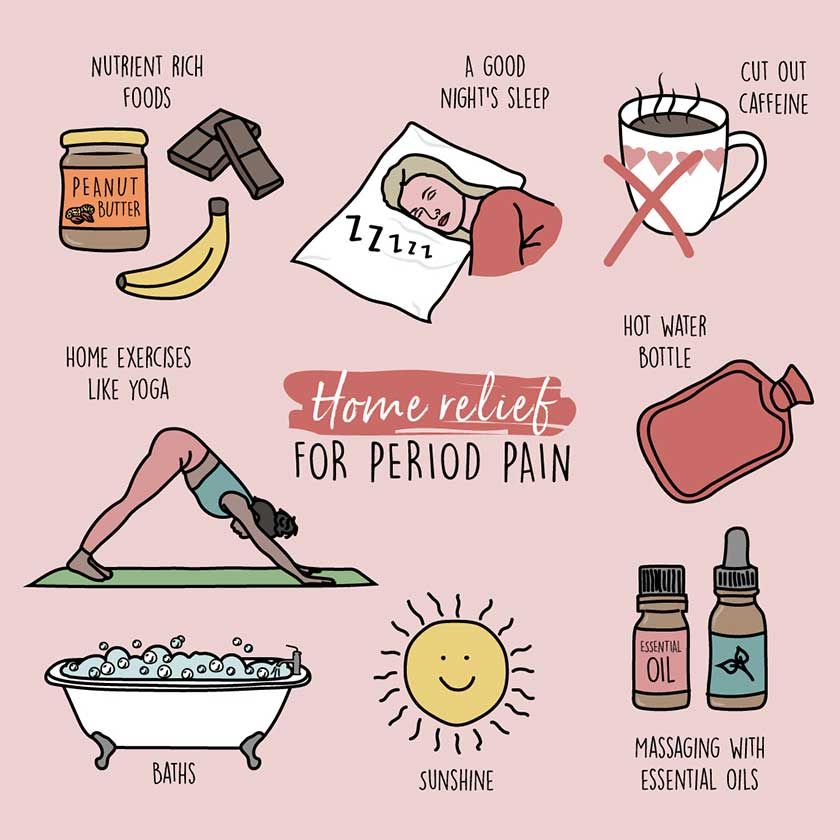As women, we all know that dealing with menstrual cramps and PMS symptoms can be challenging. From mood swings to abdominal discomfort, it can be difficult to navigate through the ups and downs of our menstrual cycle. However, there are ways to manage these symptoms and improve our overall menstrual health. In this article, we will explore some effective strategies for coping with cramps and PMS.
Understanding Menstrual Cramps and PMS
Menstrual cramps, also known as dysmenorrhea, are caused by the contraction of the uterus as it sheds its lining during menstruation. These contractions can cause sharp, throbbing pain in the lower abdomen and lower back. PMS, or premenstrual syndrome, refers to a range of physical and emotional symptoms that occur in the days leading up to menstruation. These symptoms can include bloating, fatigue, mood swings, and irritability.
Effective Strategies for Coping with Cramps and PMS
1. Exercise Regularly
Regular exercise can help reduce menstrual cramps and PMS symptoms by increasing blood flow and releasing endorphins, which are natural painkillers. Try incorporating low-impact exercises such as yoga, walking, or swimming into your routine to help alleviate discomfort.
2. Maintain a Healthy Diet
Eating a balanced diet rich in fruits, vegetables, whole grains, and lean proteins can help regulate hormone levels and reduce inflammation, which can worsen menstrual cramps and PMS symptoms. Avoiding caffeine, alcohol, and salty foods can also help alleviate bloating and mood swings.
3. Stay Hydrated
Drinking plenty of water can help reduce bloating and keep your body hydrated, which can help alleviate cramps and PMS symptoms. Try to drink at least eight glasses of water a day, and consider adding herbal teas or natural juices to your daily routine for extra hydration.
4. Practice Stress-Relief Techniques
Stress can exacerbate menstrual cramps and PMS symptoms, so it’s essential to find ways to relax and unwind during this time of the month. Meditation, deep breathing exercises, and mindfulness can help reduce stress levels and improve overall well-being during your menstrual cycle.
5. Consider Natural Remedies
There are several natural remedies that can help alleviate menstrual cramps and PMS symptoms. For example, ginger tea, chamomile tea, and magnesium supplements have been shown to reduce cramping and promote relaxation. Consult with your healthcare provider before trying any new remedies.
Conclusion
Managing menstrual cramps and PMS symptoms can be challenging, but with the right strategies and techniques, it is possible to alleviate discomfort and improve overall menstrual health. By incorporating regular exercise, maintaining a healthy diet, staying hydrated, practicing stress-relief techniques, and considering natural remedies, you can cope with cramps and PMS more effectively. Remember to listen to your body and seek medical advice if symptoms persist or worsen. Here’s to better menstrual health and a smoother period experience!
